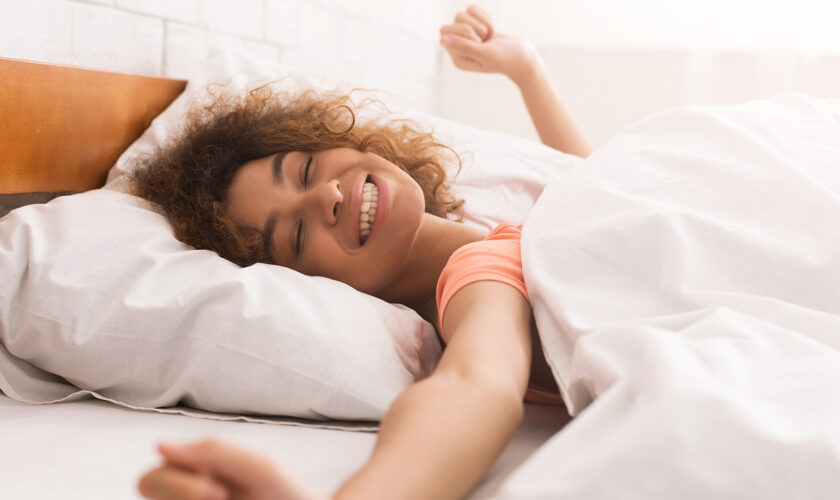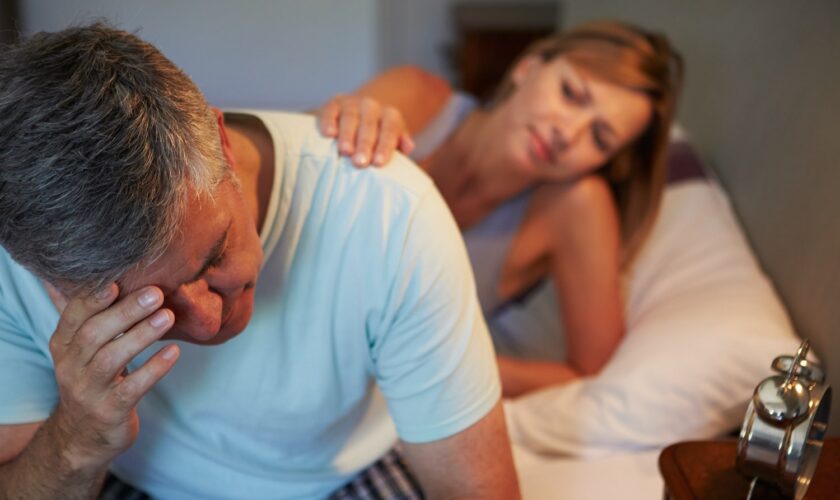Scientists have worked out that we spend 229 961 hours or twenty-seven years of our life asleep, making it one of the most important aspects of our life. It affects our daily life, and if we do not get a good night’s sleep, the following day is often difficult as we can feel lethargic and lacking in energy. A normal adult need around seven to nine hours of sleep per night; if we are honest with ourselves, we are not getting enough of it. This short piece will help you with some excellent tips which will enable you to make some changes and have a better chance of a great night’s rest. We will cover everything from creating an evening routine to using a lavender pillow spray for sleep in the bedroom.
- Make Your Bedroom Comfortable – make your sleeping environment a relaxing place with a new mattress and the right bedding, make your sleeping platform an attractive place.
- Cut Out the Stimulants – avoid caffeine, alcohol, and nicotine within four to six hours before you plan to sleep; they can all cause insomnia.
- Create a Sleep routine – plan to go to bed and wake up at the same time every day; this will help to maintain your body clock and help you sleep properly.
- Sleep If You Are Tired – if you are truly tired, break the routine and go to bed; listen to what your body is telling you.
- Put Down the Electronics – a couple of hours prior to bedtime, put down your mobile phone or tablet; the blue light can disrupt sleep patterns and keep you from sleeping.
- The Pre-Sleep Routine – use the two to three hours before bed to calm yourself down, have a bath or shower, avoid eating or exercise and generally slow things down.
- Clothes for Sleeping – always change your clothes before getting into bed; donning your Pyjamas subconsciously puts your mind in sleep mode.
- Embrace Alternative Methods – using pillow sprays or aromatherapy oils can aid sleep and a short period of meditation prior to bedtime is also a great idea.
- Avoid the Snooze Button – doing this can send us back into REM sleep; you will feel even more drowsy when you wake up. Get up when your alarm wakes you.
- Think About Your Morning – preparing your breakfast and work clothes the night before can help create an easier morning, so you do not have to tax yourself early in the day.
All of these tips can help you get a decent night’s sleep, keep a sleep diary for the next thirty days and see if any of these points are affecting your lifestyle; it may change your life.

